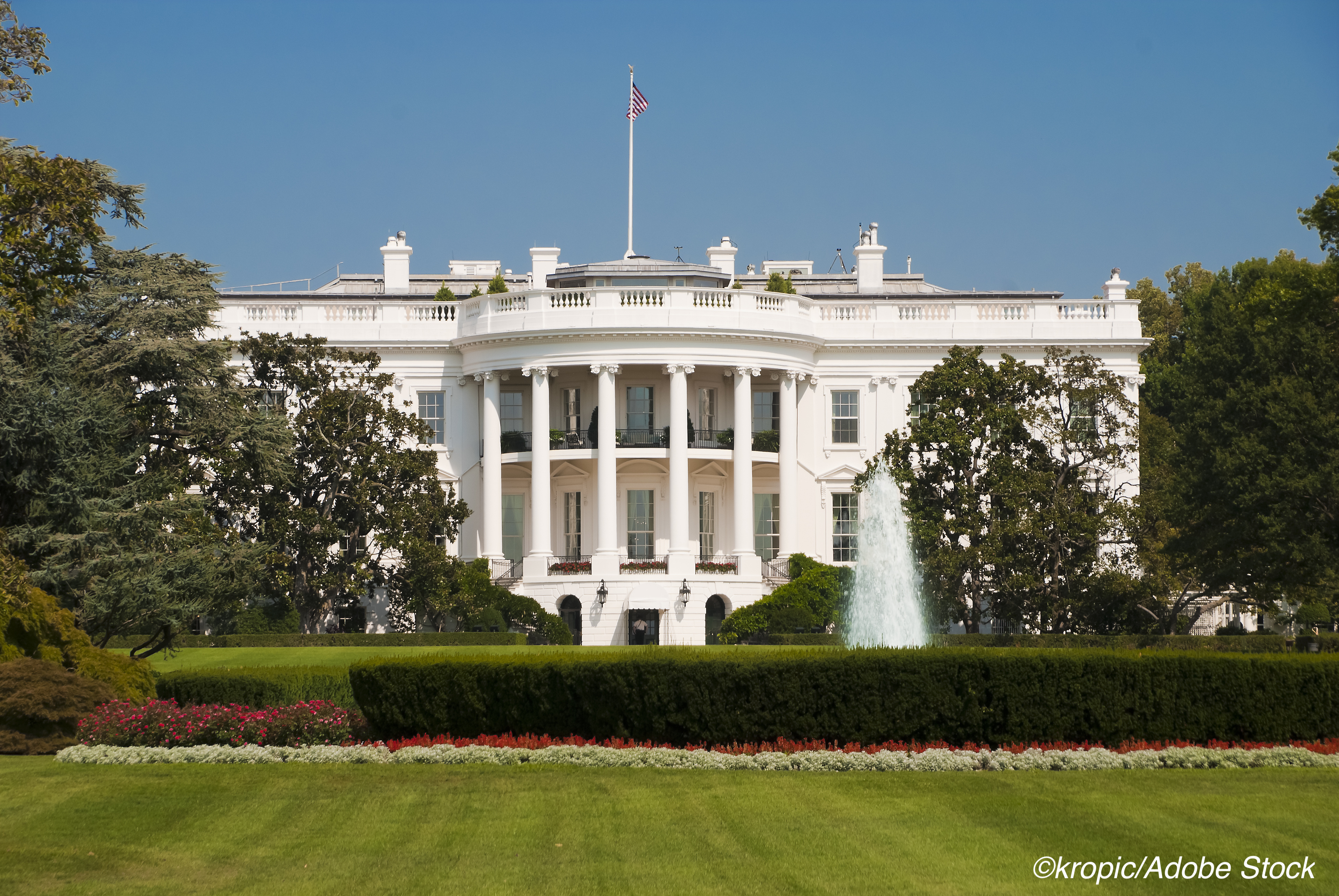The American Hospital Association (AHA), the American Medical Association (AMA), and the American Nurses Association (ANA) are pushing back on President Donald J. Trump’s recent executive order that halted funding for diversity training programs.
In a highly unusual move, the three organizations, which claim to represent aboug 5,000 hospitals and health systems, more than 1 million physicians, and more than 4 million registered nurses, sent a “Dear President Trump” letter warning that his executive order 13950 “would effectively reverse decades of progress in combating racial inequality. On the front lines of health care every day, our members strive to provide the highest quality care to all patients and improve the overall health of the communities we serve.”
They called the executive order an “unprecedented attack on scientific freedom.”
Trump issued the executive order late last month in part as a response to protests supporting the Black Lives Matter movement. The New York Times reported that the order has had a chilling effect on both corporate America and academic centers. In public comments, Trump said the programs fostered a malign ideology, especially when discussing “white privilege.”
The letter, which was co-signed by AHA President and CEO Richard J. Pollack, AMA CEO and EVP James L. Madara, and ANA Acting CEO Debbie Dawson Hatmakers, PhD, RN, stated that all three organizations “embrace diversity, inclusion, and equity in our workplaces and believe that these values make our organizations stronger and better equipped to provide optimal, culturally sensitive care to every patient. We recognize that myriad factors influence patients’ health status and health outcomes, including the social determinants of health, implicit bias, and historical systems that have led to unequal access to care.”
Enforcing the executive order would “stifle attempts at open, honest discussion of these issues in the public and private sectors. Prohibiting federal agencies from conducting and funding trainings that promote racial reconciliation is counterproductive to addressing racism. As our members continue the battle the Covid-19 pandemic, we bear witness to the disproportionate effect of Covid-19 on black and brown people. Vital research conducted at the National Institutes of Health and academic centers to comprehend the effects of structural racism and implicit bias on health care and health outcomes is needed right now more than ever before.”
Peggy Peck, Editor-in-Chief, BreakingMED™
Cat ID: 150
Topic ID: 88,150,730,192,150,151,418,462,463,587,590,60,925


